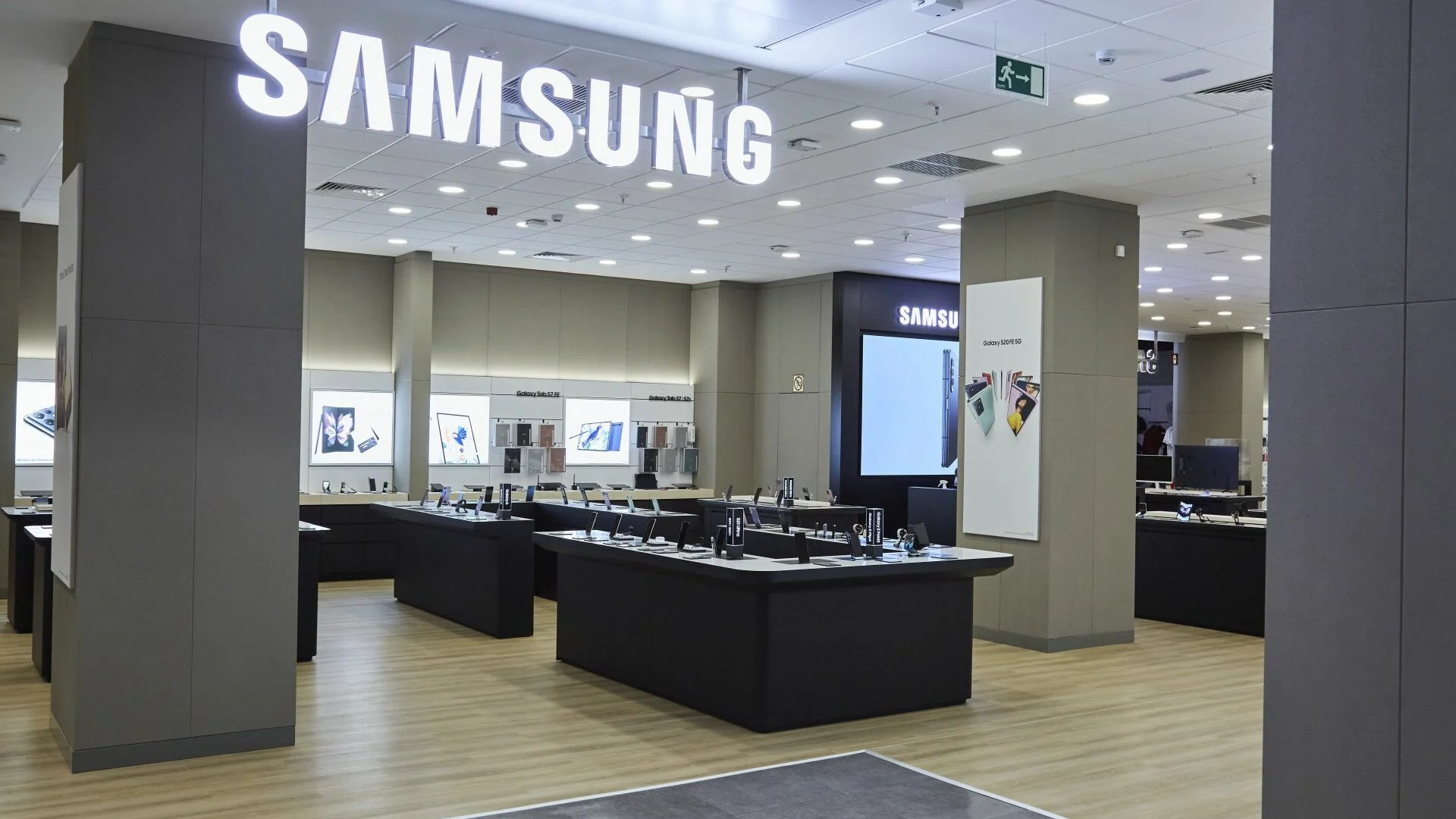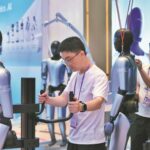Samsung Electronics reported mixed third-quarter earnings on Thursday, with overall sales and operating profit slightly exceeding expectations. However, its chip division, a core profit driver, faced significant headwinds, posting a sharp 40% decline in operating profit from the previous quarter to 3.86 trillion won (around $2.8 billion).
Samsung’s memory chip segment saw solid demand for AI and traditional server products, though mobile demand was notably weak due to continued inventory adjustments. The company also cited increased competition from legacy chip suppliers in China, impacting demand across its semiconductor offerings.
As the leading global producer of memory chips for devices like laptops and servers and the world’s second-largest smartphone manufacturer, Samsung’s chip sales are often viewed as a barometer for tech demand. Although artificial intelligence spurred orders for advanced chips in Samsung’s foundry unit, mobile and PC demand fell short of expectations. Samsung warned that a rebound in the mobile and PC markets will likely be delayed, though the ongoing push for advanced AI-driven products will sustain growth in newer technologies.
Performance and Guidance Highlights
Samsung’s third-quarter figures marginally exceeded the company’s guidance earlier this month, which projected lower-than-expected operating profit. Following this, Samsung Vice Chairman Jun Young-hyun, recently appointed head of the device solutions division, issued a rare apology to address the unexpected decline.
Despite short-term obstacles, Samsung expressed optimism about future growth driven by advanced chipsets, particularly in the server segment. The company anticipates continued strong server demand as technology firms make “robust investments” in AI-related infrastructure.
Samsung’s stock, listed on the South Korean exchange, has faced pressure amid market challenges, dropping 24.71% year-to-date. Nonetheless, with AI and advanced technology investments expected to boost demand, Samsung remains cautiously optimistic about long-term growth in its semiconductor business.





